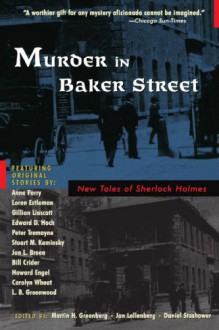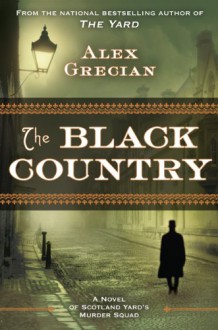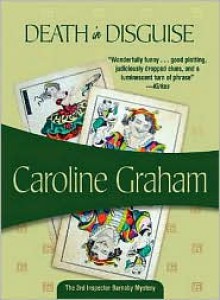
"Parenthood" the TV show shed more light on ASD (Autism Spectrum Disorder which includes Asperger) than this very long book did. If your interested in ASD, I would recommend that show instead. Max, the Asperger character on the show, demonstrates more about life on the Spectrum than this book does. I remember the scene where Max is running for class president and his sister tells him why he is so special, along the lines that he is totally focused, sees the world differently and never needs to get along just in order to get along. Also, Max and his interaction with Hank (played by Ray Ramono), the photographer, and how the photographer knows how to interact instinctively with Max because Hank obviously is on the spectrum too.
As for this book, the author gives the history of the Disorder and our understanding by putting the events into the context of the time, but doesn't really relate them to our current understanding. For example, he brings up someone named Jenny McCarthy early in the book, somebody like most Americans I had never heard about before she started linking Autism with vaccines. I for one, think that Dante should put into his Eighth circle of hell (Fraud) people like Jenny McCarthy (and by extension Jim Carrey) because that's were they belong for the misery they bring to the world for the fraud they are perpetrating upon us. The author does reject the anti-vaccine idiots in the later part of the book, but I don't think he mentioned Jenny McCarthy (may she greet other vaccine deniers in the eighth circle of hell) by name in the later part of the book.
The author spends a lot of time on the pseudo-scientific Freudian like psychoanalysis that led to things such as "refrigerator moms" causing Autism (always blame the victim, or if you can't blame them, blame the mother). I really enjoyed the book, "Shrinks: The Untold Story of Psychiatry". There's a lot of overlap between these two books. Except "Shrinks" would relate what was historically being done wrong to what was finally being done right. This book doesn't do that.
The author also had a long section on how Engineers, Sci-Fi enthusiast, nerds in general are almost always people on the spectrum and how fortunate they are to be on the spectrum (as for me, I don't believe those kind of people are almost always on the spectrum, but I could be convinced with data but none was provided). The book does point out that neuro-typicals can be considered a Disorder just as easily. After all, who wants to always want to be conforming for the sake of conforming, valuing social interaction over ones own company, or never being able to understand the details that make up the whole. All in contrast to the neuro-diverse who don't fully understand the rules of the game for conforming, get their strength while being alone, and are able to understand the details and logically pull apart the pieces that make up the whole, but there is a price to be paid to be a nerd on the spectrum especially when you are young, and for the young conformity is everything and to think different(ly) makes you not fit in and later on that emotionally oriented thinking process that you possess limits you to understanding emotions only by clues you see in the physical world not from the internal states of others or yourself.
I thought "Shrink" covered how psychiatry corrected itself better than this book covered how the science of autism corrected itself. There is a lot of overlap between the two in the sense that both books show how American Psychiatry (and Psychology) got off the rails with psychoanalysis (Freudian thought) and ended up correcting themselves by changing the paradigms they were using. When a science such as psychology doesn't relate their paradigms to the real world, the science ends up becoming a pseudo-science. That's what happened with the science of Autism (and psycho-analysis). The problem with this book is it dealt mostly with the false paradigms and didn't dwell enough on how the science has corrected itself. Watch "Parenthood" instead.

 Log in with Facebook
Log in with Facebook 



















